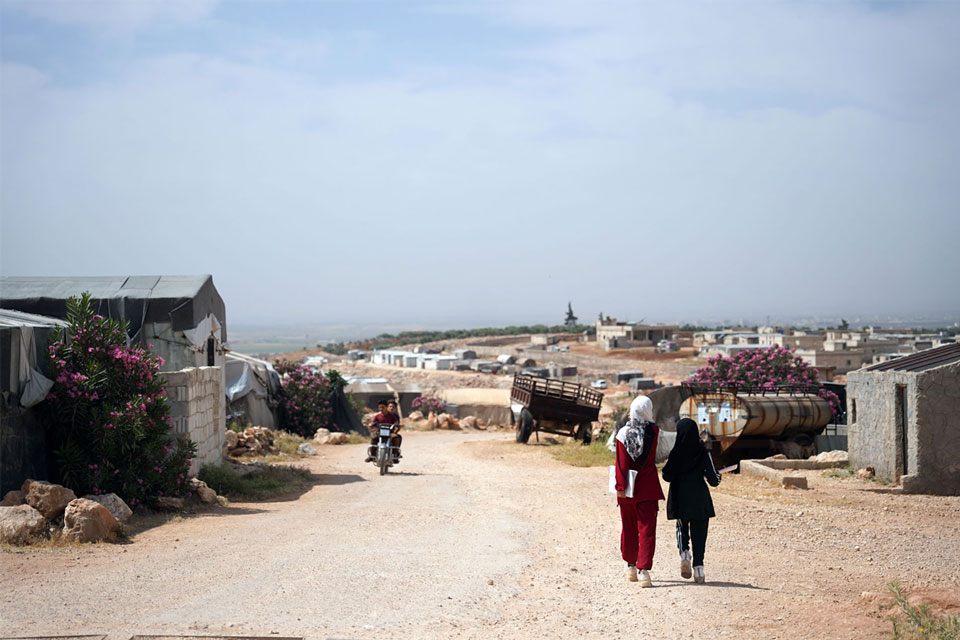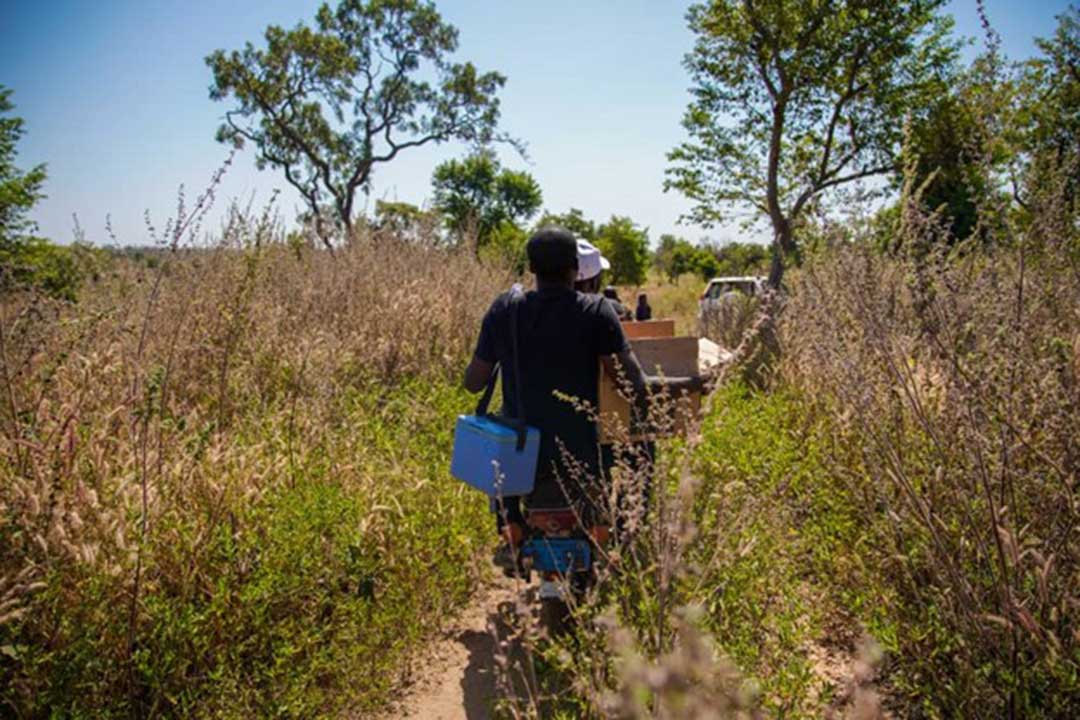Health workers: key to the success of the Malaria Vaccine Implementation Programme
- 1 December 2023
- 5 min read
- by WHO
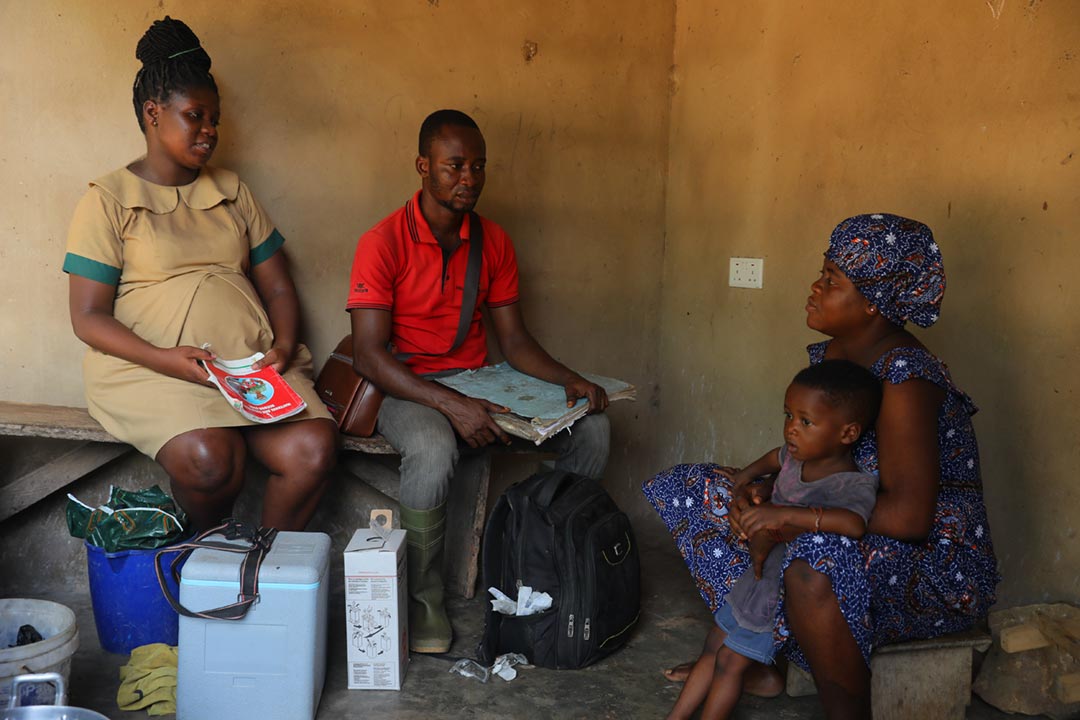
More than 4 years since the start of the pilot implementation of the first malaria vaccine, RTS,S/AS01, over 2 million children in Ghana, Kenya and Malawi are benefitting from the life-saving malaria vaccine.
One of the driving factors behind the success of the WHO-coordinated Malaria Vaccine Implementation Programme, MVIP, is the dedication of health workers, who understand the importance of prevention, and ensure that children receive all the life-saving vaccines that are recommended to protect their health.
Results of the MVIP show strong acceptance of malaria vaccines by health workers and high community demand. As the MVIP nears completion at the close of 2023, the experiences of health workers are helping to inform preparations for the broader rollout of malaria vaccines in endemic countries across Africa.
The WHO MVIP team recently visited the Central Region of Ghana and heard from health workers about their work to reach children with malaria vaccine, what parents have to say about the role of health workers and the malaria vaccine, and the views of health leaders on how community health workers can be change-makers for improved child health and stronger malaria control.
Abigail Applah-Agyei
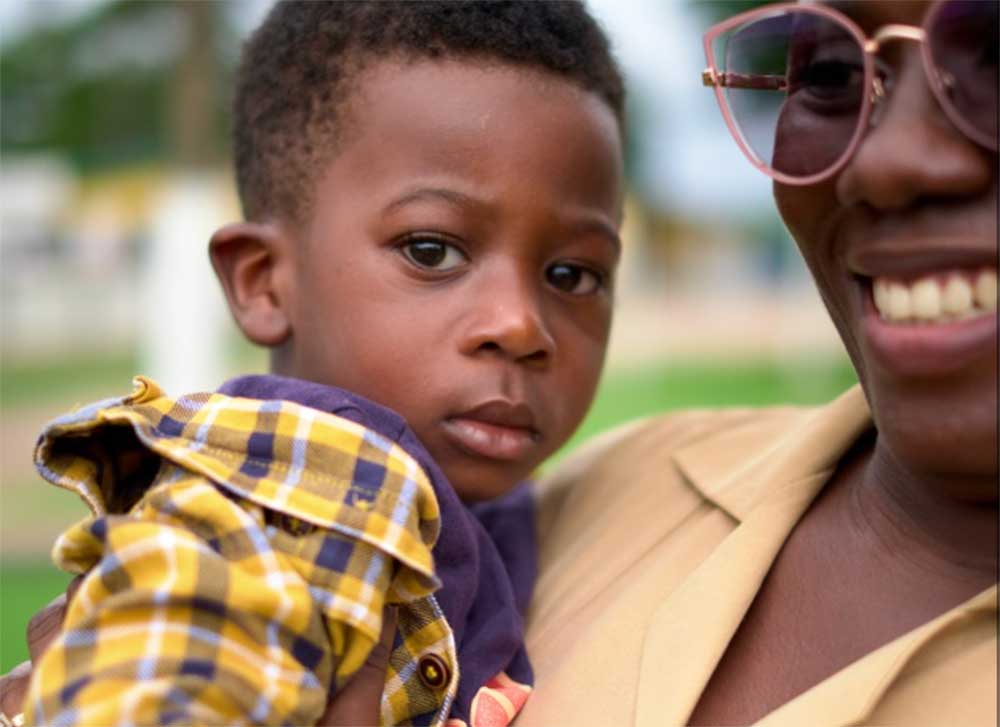
Credit: WHO Ghana
Abigail, a community health nurse, has been administering the RTS,S malaria vaccine to children since its introduction in Ghana in 2019. Her youngest son, Jason, now age two, has received all four doses of the malaria vaccine.
"We tell mothers this vaccine is safe and effective, and that we've seen the positive outcomes. We want mothers to remember the schedule, and we want their feedback.
I've seen a change [since the malaria vaccine has been provided]. Before we recorded high malaria cases, deaths, it was affecting people's incomes, taking time out to go to the hospital. Now we have a healthier population, with reduced cases. I have seen a difference with my children. With the twins I reported malaria. With the third born, Jason [who is fully vaccinated], malaria is not as severe. I would encourage everyone to get the malaria vaccine.
When mothers come, we always ask for feedback, and we follow-up to ensure any issues are dealt with so they gain more trust and understanding."
Priscilla Arhin
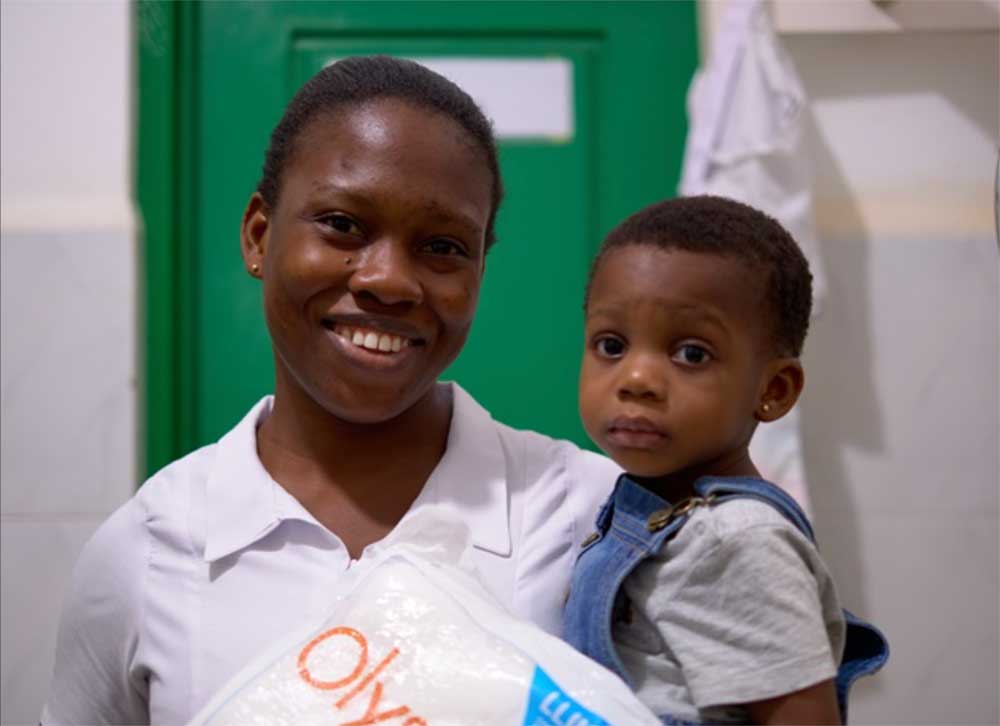
Credit: WHO Ghana
Priscilla Arhin is a registered nurse at St Francis Xavier Hospital. We met her when her daughter, Nina, had just received the fourth and final dose of the RTS,S malaria vaccine, and a new mosquito net.
"I think the role of the health worker is to reach a large community, a larger population, by going out, giving health talks to communities, at marketplaces, and educating people about childhood vaccines, including the malaria vaccine."
Ruby Essinam
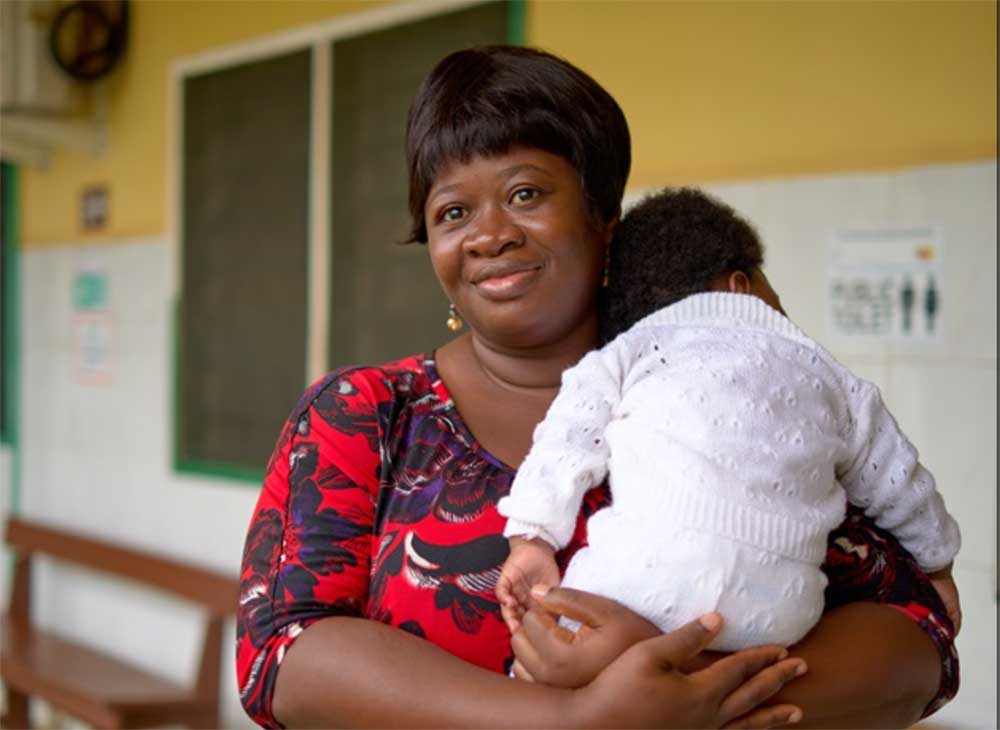
Credit: WHO Ghana
"A health worker to me, is someone who helps me to know more about my health issues and that of my child, so any time I'm in distress, I call on them for assistance and they are always ready to support me.
The [malaria vaccine] means a lot to me because I know that it prevents malaria, and it’s better to take the preventive measures rather than to get malaria."
Winnifred Esuman and Rose Enning
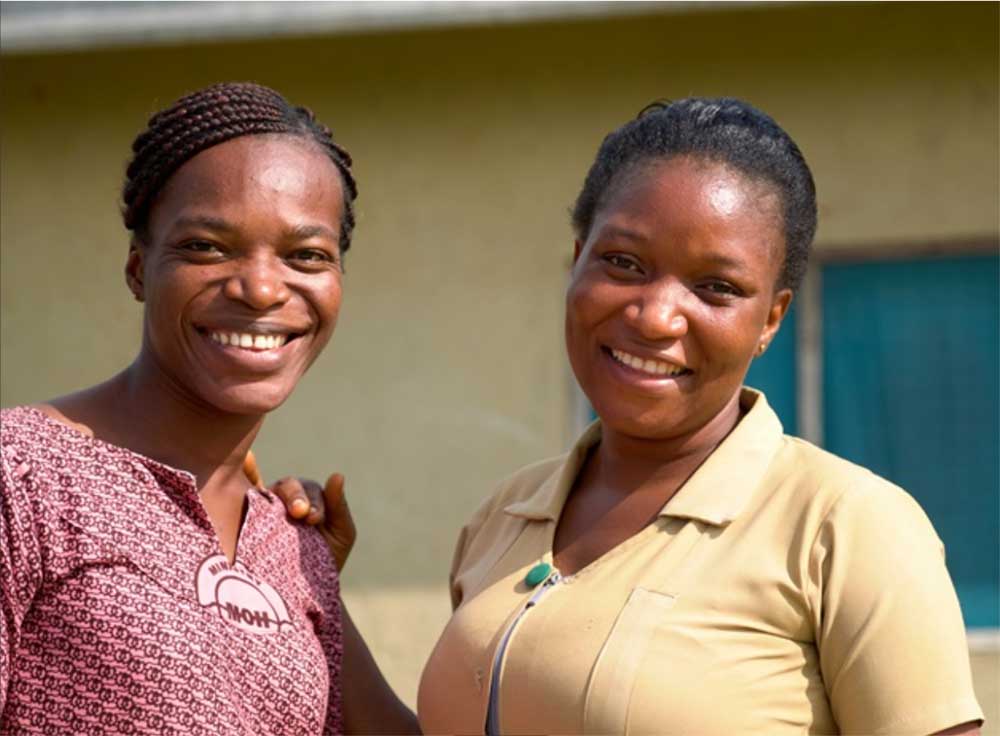
Credit: WHO Ghana
"When I come around to see [families], I look through the books to see if they've taken all their vaccines and educate them on vaccines they've taken. For those children who have not been vaccinated, we give them the malaria vaccine or other vaccines that are due.
We go in pairs. We visit as many families as we can during the day. When we set a day to go for home visits, we visit almost every house we meet, especially looking for kids who are under age five to look through their immunization cards to be sure they are fully vaccinated including with the malaria vaccine."
Winnifred Esuman
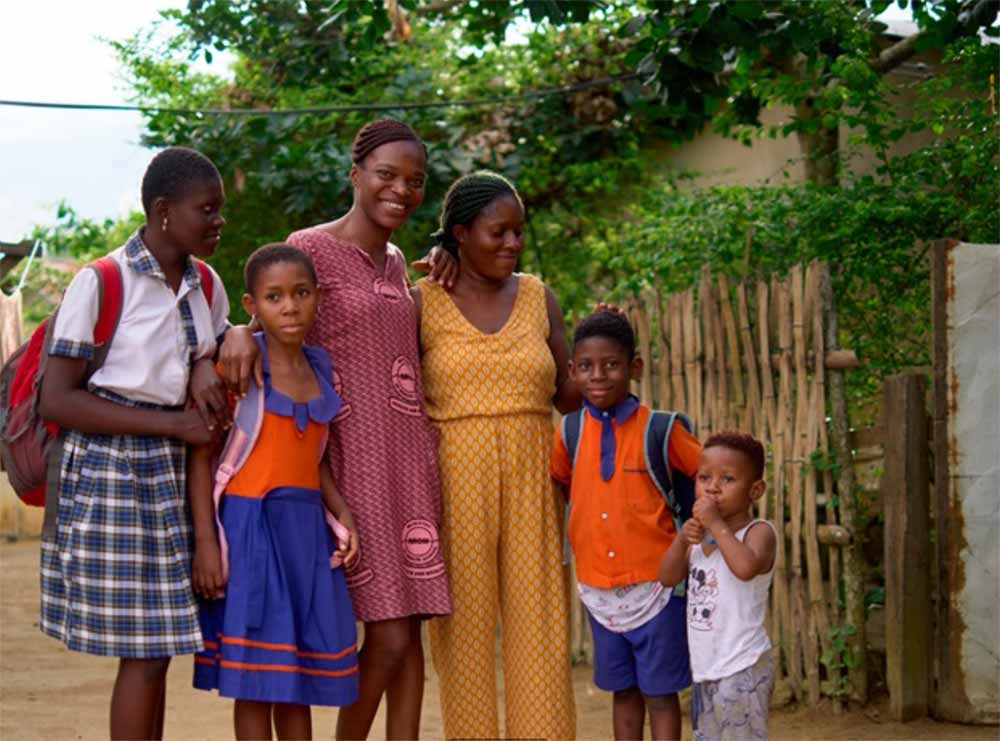
Credit: WHO Ghana
"[Parents trust us] because of the kind of relationship we have with them. We visit them at home, and then when they come to us at the hospital or at a clinic, too, we attend to their needs as they want. So, they have confidence in that. Taking care of human beings, it's such a privilege, so it keeps us going."
Ruby Duro
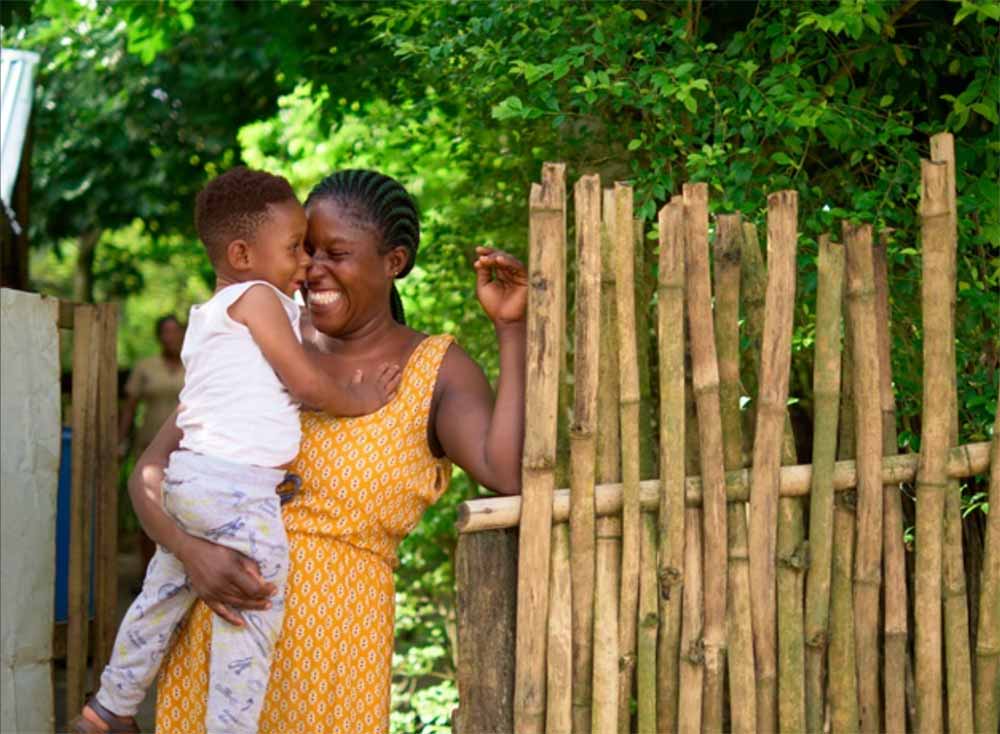
Credit: WHO Ghana
"My son Cypher is healthy; he doesn't fall sick with malaria frequently. He is healthier than my children who have not gotten the malaria vaccine. So, the malaria vaccine does help us.
[Health care workers] don't just vaccinate them; they make sure that we parents understand before the vaccines are administered."
Dr Keziah Malm
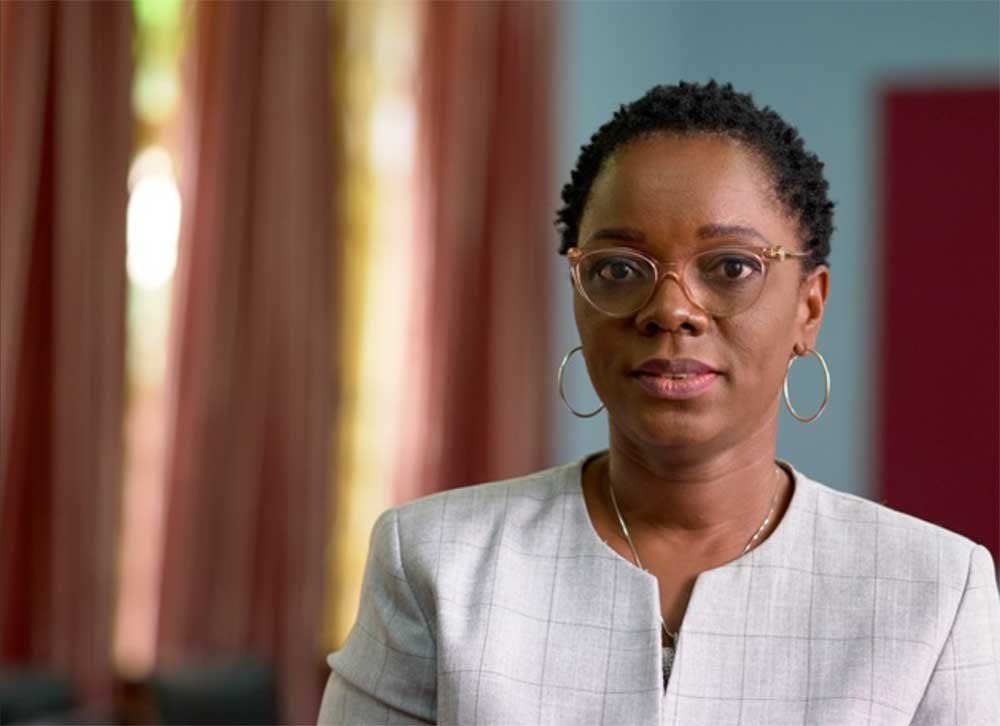
Credit: WHO Ghana
"Something that is key to our [malaria vaccine pilot programme] success is being able to give the right information to parents and caregivers, to educate and communicate about the malaria vaccine well. It's important to continuously remind people how far vaccines have come in helping us save lives, and how the vaccine can strengthen malaria prevention as part of a package of malaria control measures
People do listen to the health workers. [We] need to be able to bring health workers who interact directly with the community to a point where they are changemakers themselves."
Benjamin Amoako
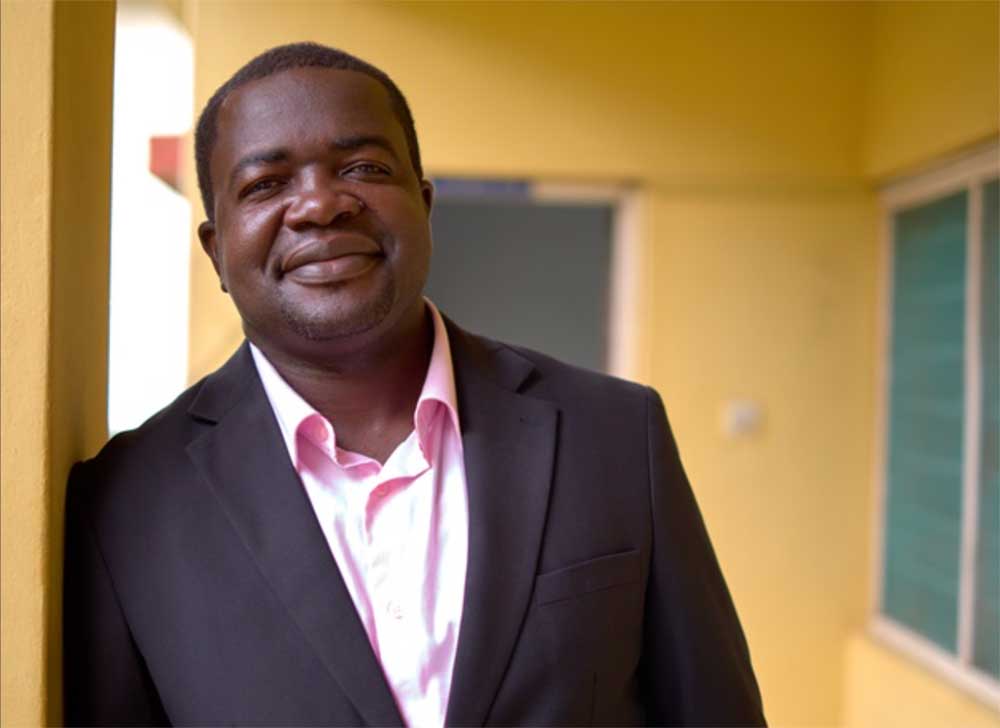
Credit: WHO Ghana
"When it comes to vaccines, and the administration of malaria vaccine, you need a qualified person, a trained person to do that. It's not just a matter of giving the vaccine, you are also giving information to mothers, so the health workers must be trained in that aspect."
Dr Kwame Amponsa-Achiano
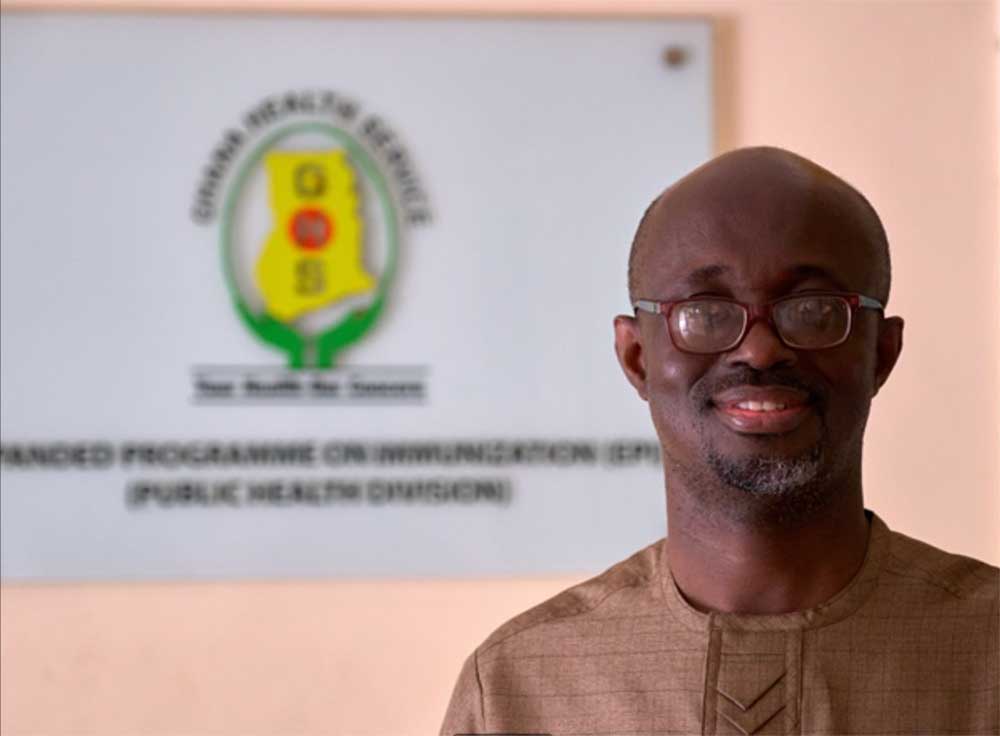
Credit: WHO Ghana
"The demand for the malaria vaccine is high. I think one of the key reasons behind this high demand includes all that health care workers have done to raise awareness about this vaccine and its importance to prevent malaria among caregivers.
Ghana has been part of the history of the world's first malaria vaccine. I am proud to say that Ghanaian researchers have been integral to the development of the RTS,S/AS01 vaccine, conducting both Phase 2 and Phase 3 clinical trials of the vaccine with the participation of thousands of Ghanaian children, and then participating in the malaria vaccine pilot implementation programme. The vision is to get all districts and all regions implementing malaria vaccines."
Have you read?
Website
This article was originally published by the World Health Organization on 23 November 2023.

